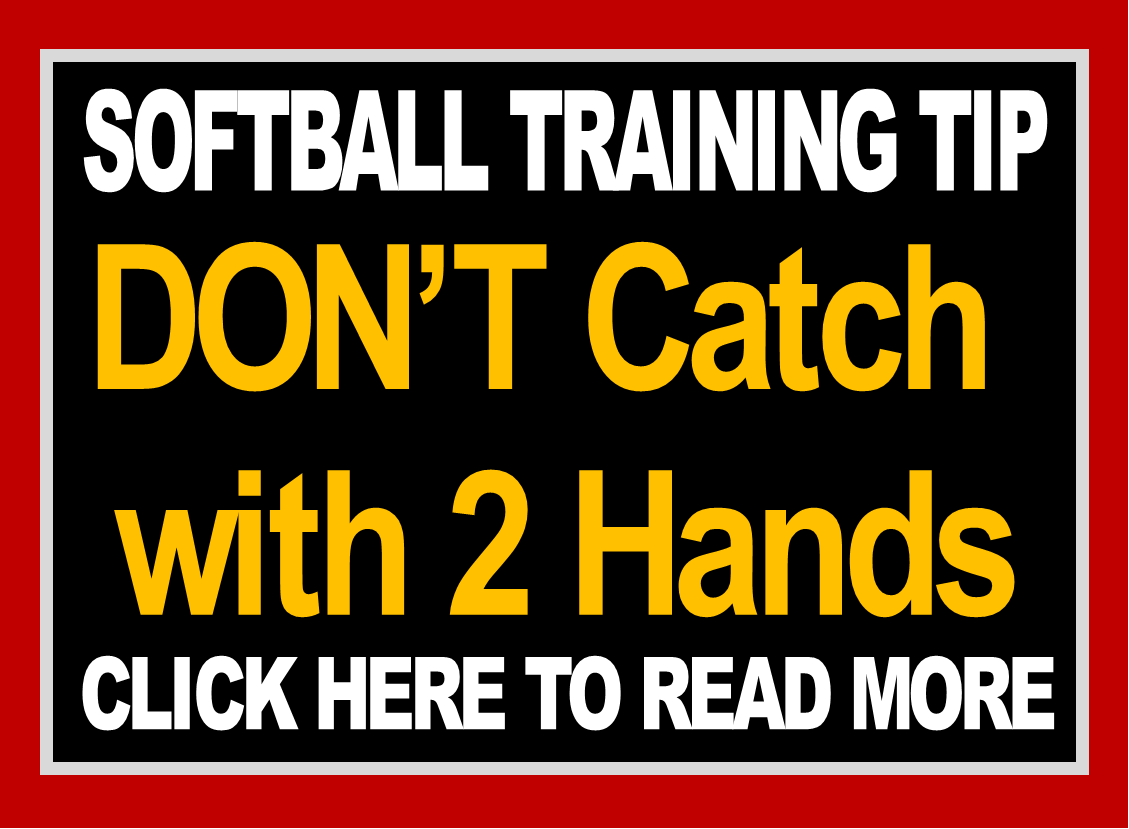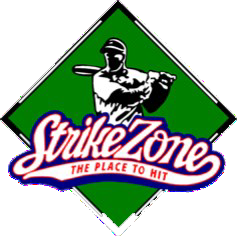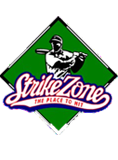
28 Apr
Posted at 18:37h
in Uncategorized
In regards to catching a ball with 2 hands, there are some definite advantages: things like getting rid of the ball faster on a throw, or fielding balls with a lot of crazy spin.
But do you know the times when it’s actually better to catch with one hand?
It’s true that catching a ball with 2 hands has some great advantages. For example, throwing the ball after a catch because the throwing hand is closer to the ball, or keeping a crazy spinning groundball or flyball in your glove by covering it with your bare hand.
However, there are also some advantages to fielding a ball with only 1 hand. While this might go against the standard softball grain, let’s take a look at 2 examples where Catching with One Hand might be preferred:
- When Reaching is Necessary
- Players reaching over or into a fence for a flyball (as shown in Figure 1). This can be infielders, outfielders or catchers.
- 1st basemen reaching or stretching for a ball. While this isn’t the case on every ball thrown to 1st base, it is the case when the 1st baseman has to reach or stretch for a ball on a close play (as in Figure 1)
- Players reaching as they dive for a ball (Figure 1). This can be infielders or outfielders.
- When Protection is Necessary
- Catchers are the one position where protecting their bare hand is more important than using it to help catch a ball.
- Catchers will receive, or catch, all pitched balls with one hand (Figure 2).
- And catchers will also block all pitches using one hand (Figure 2)
- NOTE – Some people will teach the catcher to place their barehand behind the glove when catching and/or blocking, as a means of protecting the barehand while still having it closer to the ball when having to make a throw.



